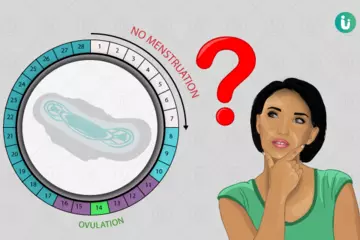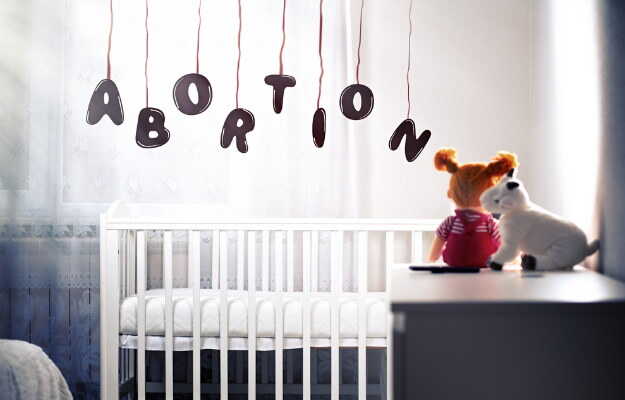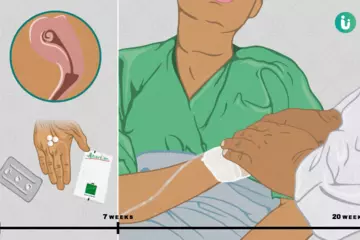What is Memory Loss?
Memory loss, also known as amnesia, is an unusual form of forgetfulness. An amnesic person may forget new upcoming events or forget some memories of the past, or sometimes both. Age-related memory loss is common and is usually not serious. It is termed as senile dementia. Forgetting where you last kept your keys or umbrella or watch is not termed as memory loss as is usually thought. When your memory loss interferes with your reasoning, judgement, language, and other thinking skills, it is termed as dementia and needs a detailed investigation by a doctor.
What are its main signs and symptoms?
The most common signs and symptoms associated with memory loss are:
- Forgetfulness of old or very recent events
- Reduced thinking ability
- Difficulty in taking decisions
- Difficulty in recollecting sequence of steps in a complex task
What are its main causes?
Some amount of forgetfulness is a natural phenomenon associated with ageing. Causes of non-age related memory loss are:
- Damage to any part of the brain, which may be due to:
- Brain tumour
- Brain infection
- Chemotherapy
- Hypoxia (reduced oxygen supply to the brain)
- Concussion due to injury
- Stroke
- Memory loss due to mental disorders like
- Extreme stress
- Bipolar disorder
- Depression
- Memory loss may appear as a symptom of dementia:
- Alzheimer’s disease
- Frontotemporal dementia
- Lewy body dementia
- Other causes are:
- Alcohol or drug addiction
- Epilepsy
- Nutrient deficiency causing Korsakoff syndrome due to thiamine deficiency
How is it diagnosed and treated?
To diagnose memory loss, the doctor will ask you a few questions. Your answers to these questions will determine your thinking ability and memory. Other tests that will help in identifying reversible causes of memory loss include:
- Blood tests to detect specific infections or nutrient levels
- Brain imaging techniques like CT scan and MRI
- Cognitive tests
- Lumbar puncture
- Cerebral angiography
The treatment of memory loss depends on the cause of the condition. In case of nutritional deficiencies, supplementation can easily correct memory loss. Age-related memory loss and certain conditions like Alzheimer’s disease cannot be cured completely. Infections can be treated with respective antimicrobials. Overcoming addiction needs family support, professional counselling and a strong willpower.

 Doctors for Memory Loss
Doctors for Memory Loss  OTC Medicines for Memory Loss
OTC Medicines for Memory Loss
 Memory Loss articles
Memory Loss articles
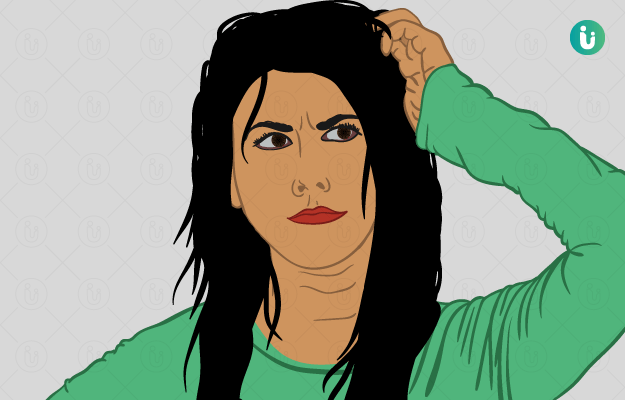

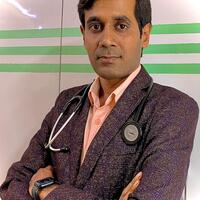

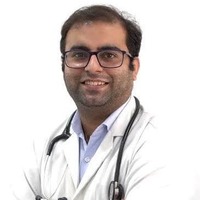
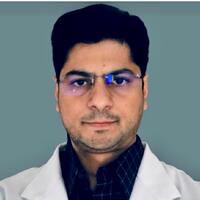


 Dt. Akanksha Mishra
Dt. Akanksha Mishra
